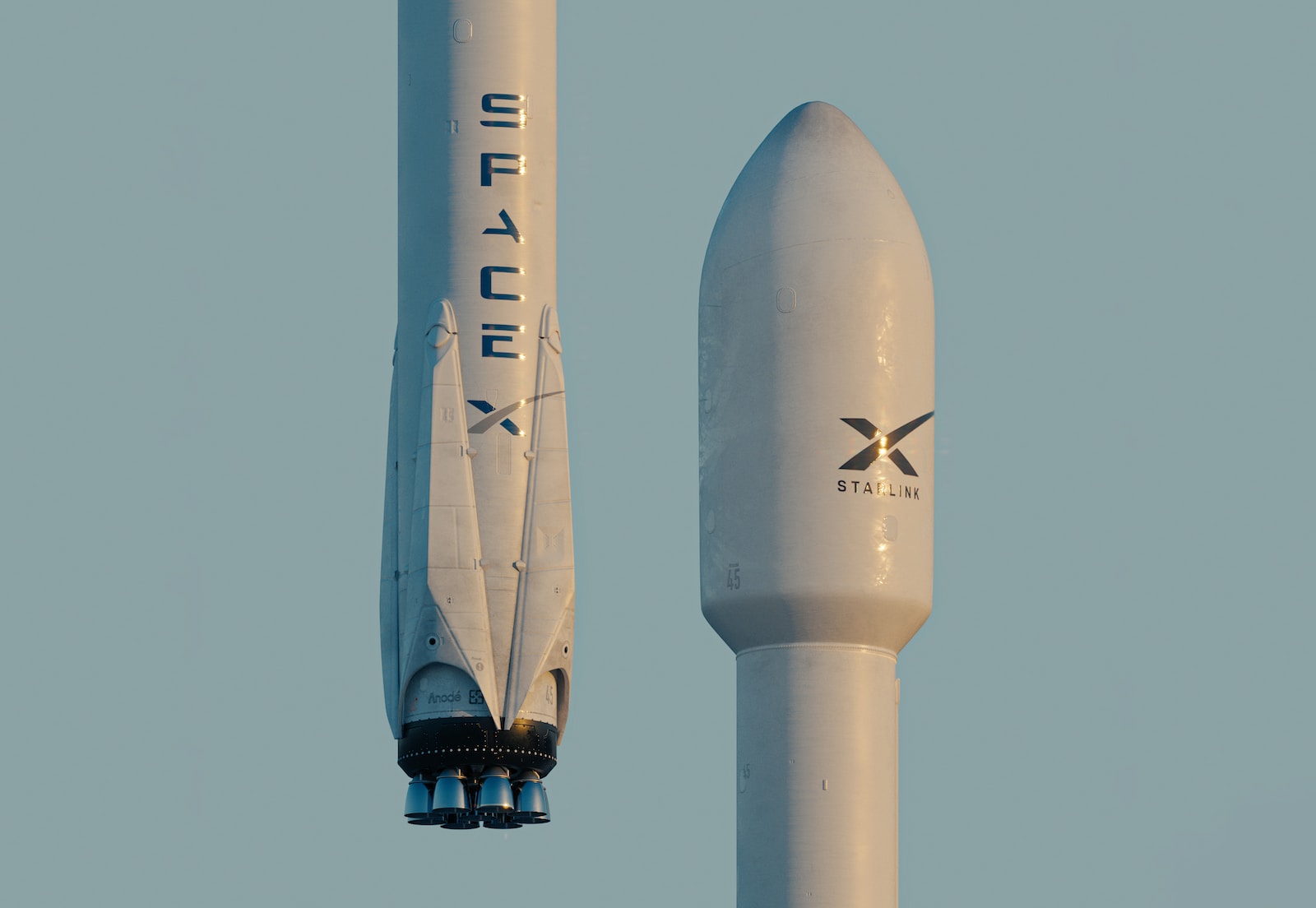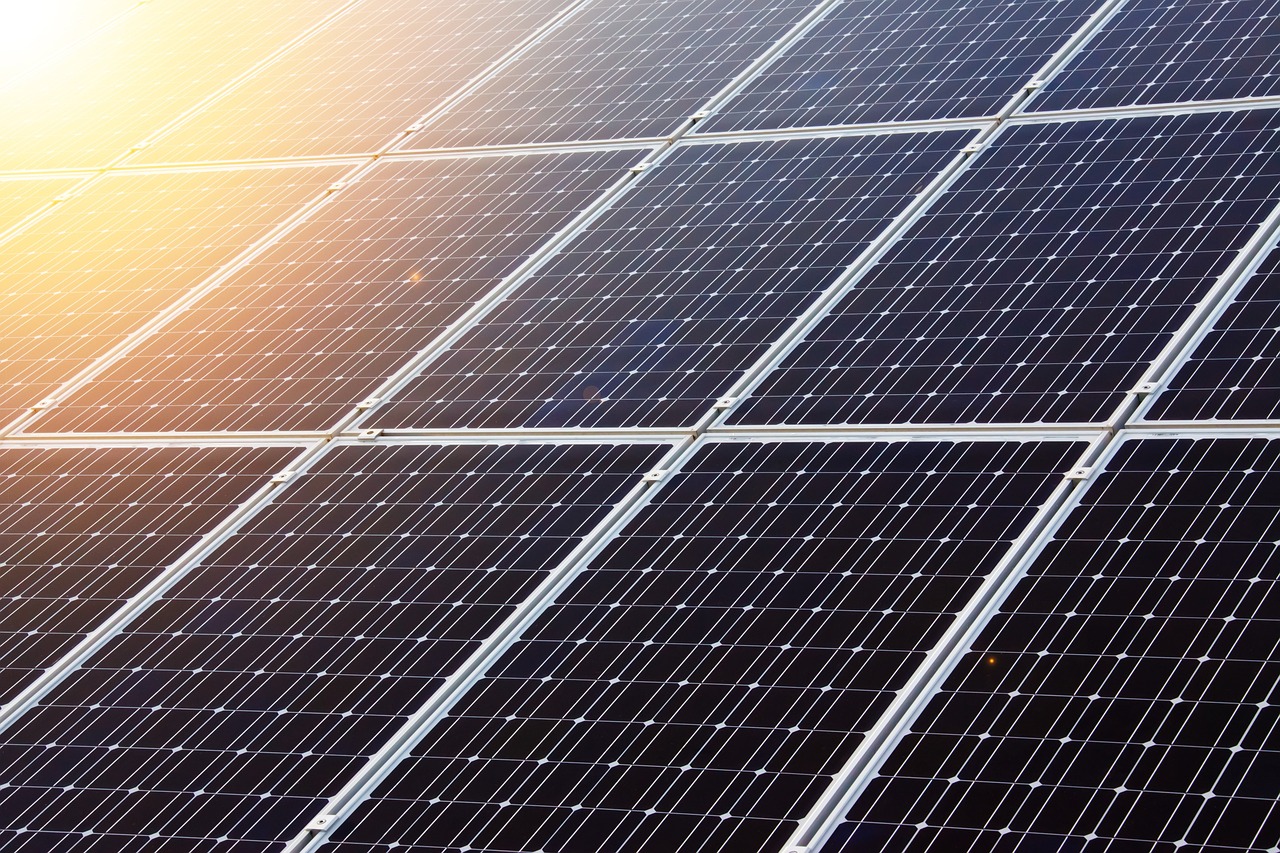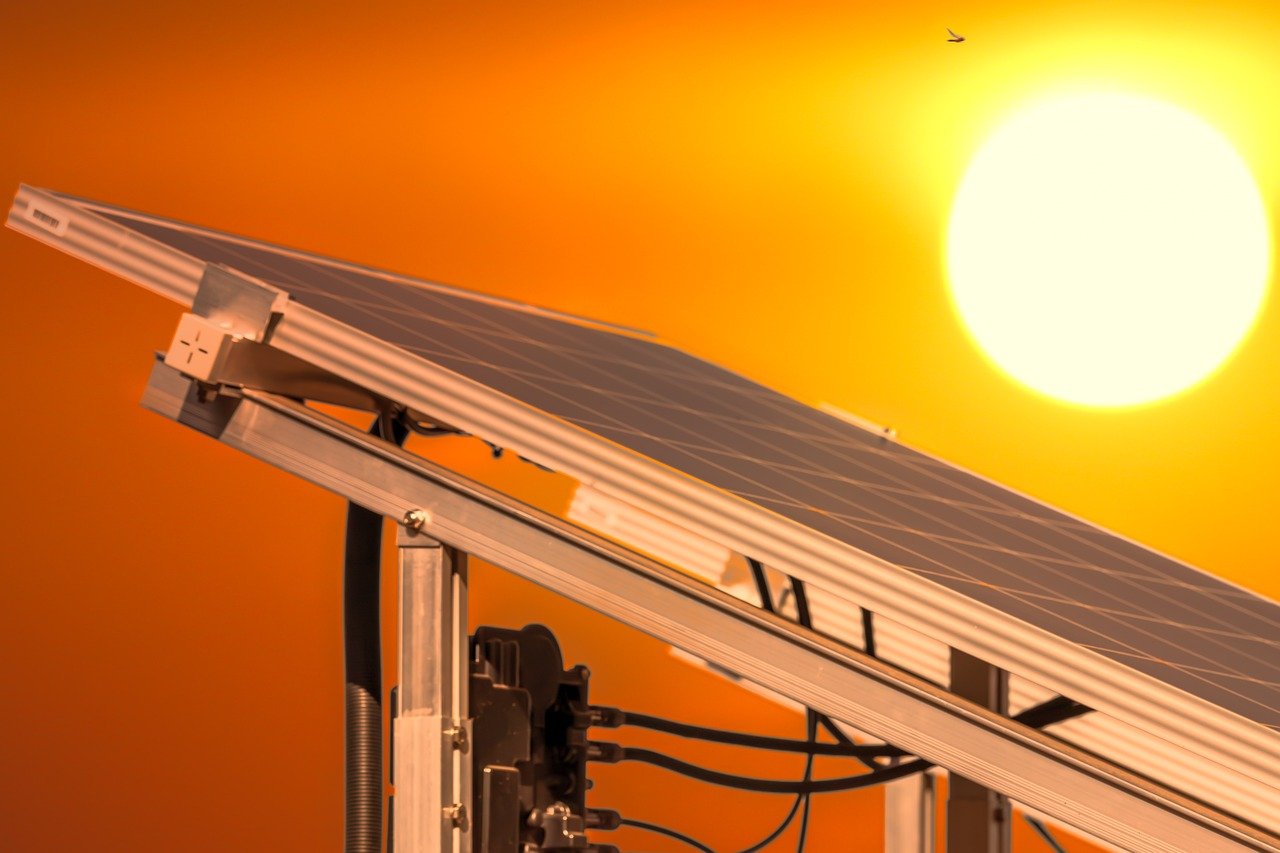Key Takeaway: SpaceX rockets are not equipped with solar panels. Instead, they rely on traditional power sources such as rocket fuel and batteries. However, SpaceX is actively working on developing advanced solar panel technology for future missions.
SpaceX, founded by Elon Musk in 2002, has revolutionized the space industry with its ambitious goals of reducing the cost of space exploration and making interplanetary travel a reality. The company has achieved numerous milestones, including the successful launch and landing of reusable rockets. As we explore the technical aspects of SpaceX’s rockets, one question that often arises is whether they have solar panels onboard. In this article, we will delve into this topic and discuss the use of solar panels in space exploration.
The Need for Power in Space
Power is essential for spacecraft, as it is required to operate various systems and equipment on board. From communication and navigation to life support and scientific experiments, all rely on a reliable power source. However, generating power in space poses unique challenges. Unlike on Earth, where we have access to abundant sunlight and other conventional energy sources, space is a vacuum with limited resources.
Solar Panels and Their Advantages
Solar panels have emerged as a promising solution for generating power in space. They utilize photovoltaic cells to convert sunlight into electricity. Solar panels offer several advantages, making them an attractive choice for space missions. Firstly, they harness renewable energy, reducing the reliance on non-renewable resources. Secondly, they provide a long-lasting power source, as sunlight is abundant in space. Finally, solar panels are lightweight and compact, making them suitable for space travel.
Solar Panels on SpaceX Rockets
Contrary to popular belief, SpaceX rockets, such as the Falcon 9 and Falcon Heavy, do not incorporate solar panels. Instead, they rely on traditional power sources. During launch, the rockets are powered by a combination of rocket fuel and onboard batteries. The rocket fuel, usually a mixture of liquid oxygen and rocket-grade kerosene, provides the initial thrust to get the rocket off the ground. Once in space, the batteries take over, supplying power to the systems until the rocket completes its mission.
Function and Purpose
While SpaceX rockets do not currently use solar panels, they are equipped with other advanced technologies to enhance their performance. For example, the Falcon 9 incorporates grid fins and landing legs that enable it to make controlled landings and be reused. These innovations significantly reduce the cost of space travel by eliminating the need to build new rockets for each mission. Despite not having solar panels, SpaceX’s focus on reusability aligns with their goal of sustainability in space exploration.
Technological Advancements
Although SpaceX rockets currently do not feature solar panels, the company is actively working on developing advanced solar panel technology for future missions. In 2017, SpaceX announced its plan to launch a satellite constellation called Starlink, which aims to provide global broadband coverage. This satellite network will rely on solar panels to generate power and maintain continuous communication with Earth. SpaceX’s investment in solar panel technology underscores its commitment to sustainability and renewable energy in space.
Future Implications
The development and implementation of advanced solar panel technology by SpaceX have significant implications for future space exploration. By harnessing the power of the sun, spacecraft can become more self-sufficient and reduce their reliance on traditional power sources. This opens up possibilities for longer-duration missions, such as deep space exploration and colonization of other planets. Additionally, advancements in solar panel technology may lead to increased efficiency and compactness, allowing for more payload capacity and reduced launch costs.
In conclusion, while SpaceX rockets currently do not have solar panels, the company’s dedication to innovation and sustainability suggests that this may change in the future. Solar panels offer numerous advantages for powering spacecraft, including their renewable nature and long-lasting energy source. As SpaceX continues to push boundaries in space exploration, we can expect to see advancements in solar panel technology that will contribute to the realization of ambitious missions and pave the way for a sustainable future in space.
*References:
- SpaceX official website: www.spacex.com
- NASA – Solar Power in Space Exploration: www.nasa.gov
- “SpaceX’s Ambitious Plan to Build a Global Internet,” National Geographic: www.nationalgeographic.com*



